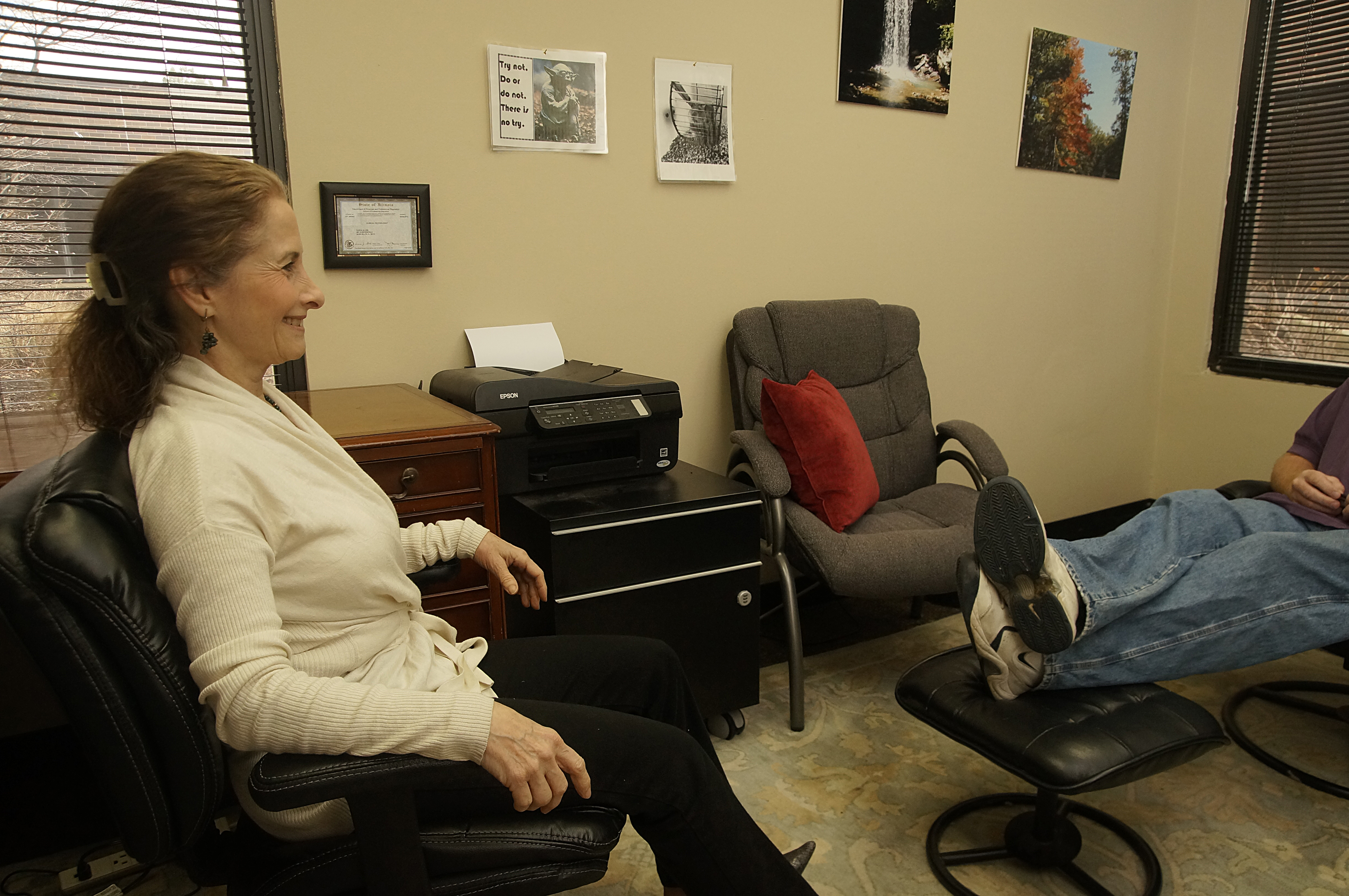You know you are not faking, but you are really confused: why do the standard treatments not work very well? And when are you finally gong to get a decent night's sleep?
 I shall start at the beginning and work my way around to your question.
I shall start at the beginning and work my way around to your question. Pain is a signal from the brain to the body to stop doing what it is doing because something is wrong. Most of the time, this is a good system. You do not walk on a broken leg until it is set. You take your hand off the hot stove and treat the burn. You go to the doctor when your stomach hurts and find out why. Pain tells you something is off and you get it taken care of.
A grey area exists after you have gotten treatment or discovered why you have a headache. The pain persists to remind you to be careful. Most of the time this is useful--you do not want to re-injure yourself nor do you want to overdo something after surgery. On the other hand, these are things you can figure out on your own and perhaps get help to minimize the pain. That is why it is ok to take pain medications after you have had the issue diagnosed and especially after it has been treated, but has not fully resolved.
So far, so good. But your pain, you say, has been treated, and nothing more is wrong that a doctor can discern, but it has not at all gone away. This is where that referral for psychology comes in. NOT because "it is all in your head", but because it is all in your head! To be clear, all pain comes from your brain, right? But if the pain in the brain did not subside with proper treatment, then the brain is signalling something is still wrong. Now the something is more difficult to discern, because the causal link is not clear. A broken leg gives you leg pain. This pain might be in your leg, your back, or your shoulder, but apparently that does not mean you have a problem in your leg, back, or shoulder this time.
There are a few things that could be causing this ongoing mysterious pain. Obviously one is still something that your physician has failed to discover. This is the less common situation. modern medicine is pretty good at finding physical pathology. The other causes are similar to one another. They are basically stress and trauma. With overwhelming stress, pain can continue essentially because your brain has not decided it is time to resume normal activity after your injury or illness. Sometimes psychological treatment can help you decrease your perceived stress and thus your pain and be ready to get back to your full life faster.
In the case of trauma, whether it is old childhood trauma or recent trauma, or both, a little more work on your psychology will be needed. You see, trauma can create a feedback loop in your brain that essentially overrides the message that things have healed. Your brain is stuck sending out danger signals because something is wrong. The confusion is that the something is no longer your broken leg. Thus, your psychologist will help you to figure out the connection between today's pain and yesterday's trauma and help you assimilate it safely.
Safely processing trauma requires a skilled approach. It is not just a matter of figuring out what went wrong, talking about it, and going on your way. First, because the trauma might be pre-verbal. Second, because it is clearly stored in a feedback loop involving your body. And lastly, because, well, it was traumatic. Simply talking about it can re-traumatize you if it is not handled appropriately. Processing trauma is a delicate process involving both cognition and sensation/perception.
The bottom line is that very few people are lying about being in pain. But pain can have changed from a clear message from brain to body to brain that something is wrong to a more indirect message that something is wrong at a deeper level. Unfortunately, these sorts of pain conditions fail to respond to medical intervention because it is not distress originating in the tissues. That does not make you crazy, just complicated.
No comments:
Post a Comment